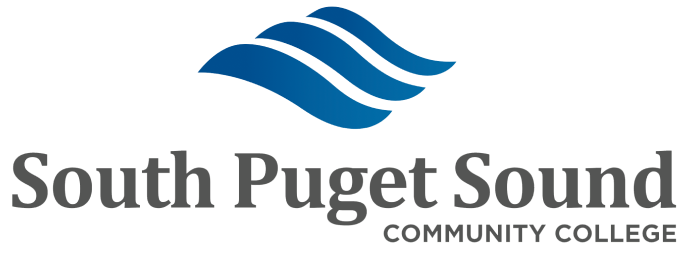Accessible technology includes electronic documents, websites, videos, software applications, and hardware devices that can be used effectively by everyone, including students, faculty, staff, and visitors with disabilities. The College community is collectively responsible for assuring the technologies we choose, use, and create are fully accessible.
Inaccessible information technology negatively impacts people with a variety of disabilities, including mobility/orthopedic impairments, sensory impairments, specific learning disabilities, attention deficits, autism spectrum disorders, speech impairments, health impairments, and psychiatric conditions. To address these issues, SPSCC has developed a set of guidelines and an IT Accessibility checklist, which provides specific techniques and testing methods to assist the College community in meeting the Guidelines when creating and procuring IT.
